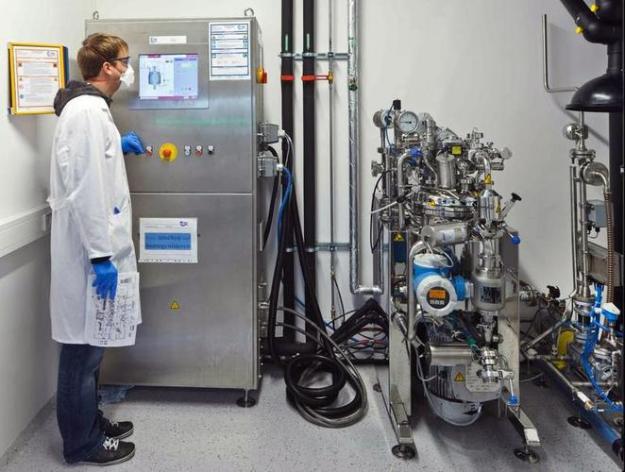
Being the tech fans that we are, we’re all well familiar with the relatively short half-life of current lithium-ion batteries. A gadget out of the box can start off with a stellar charge life can quickly devolve into brick unless it’s hooked to the wall every six hours. This is just the way lithium-ions work, though. Right?
Not for long. German researchers have developed a new lithium-ion battery that retained 85 percent of its initial capacity after 10,000 full recharge cycles, according to Green Car Congress.
These batteries have a power density of 1,100 Watts per kilogram, which is around four times the normal density of today’s lithium-ions. These batteries aren’t designed to go into your phone or tablet, though. No, the scientists at ZSW aim to use these power-thirsty batteries for wind and solar power storage – and also for electric cars.
What could that mean for an electric car? Presuming a driver plugged their car in every day, the batteries could last for over 25 years with the vast majority of its original capacity. Arguably, the batteries then would easily outlast most of the rest of the EV’s components.
While the batteries are still in the lab and a few years away from mass implementation, they represent a huge jump forward. Most vehicle lithium-ions need to be replaced after – on average – between eight and ten years. Some Honda hybrids need them every three, though – but that’s another discussion.
What vehicles could see these state-of-the-art batteries first? We wager the Germans of course. Perhaps they’ll be ready in time for the 911 hybrid we forecasted just earlier this week.
Photo Credit: ZSW Battery Lab
Editors' Recommendations
- This Graco car seat lasts for ten years, and it’s 25% off for Black Friday
- How do electric cars work? EV motors and batteries explained
- New battery design could mean EVs charge in only 10 minutes
- New research could help Tesla’s EV batteries last for a million miles
- How re-engineering an old technology could give us EVs with 700 miles of range


